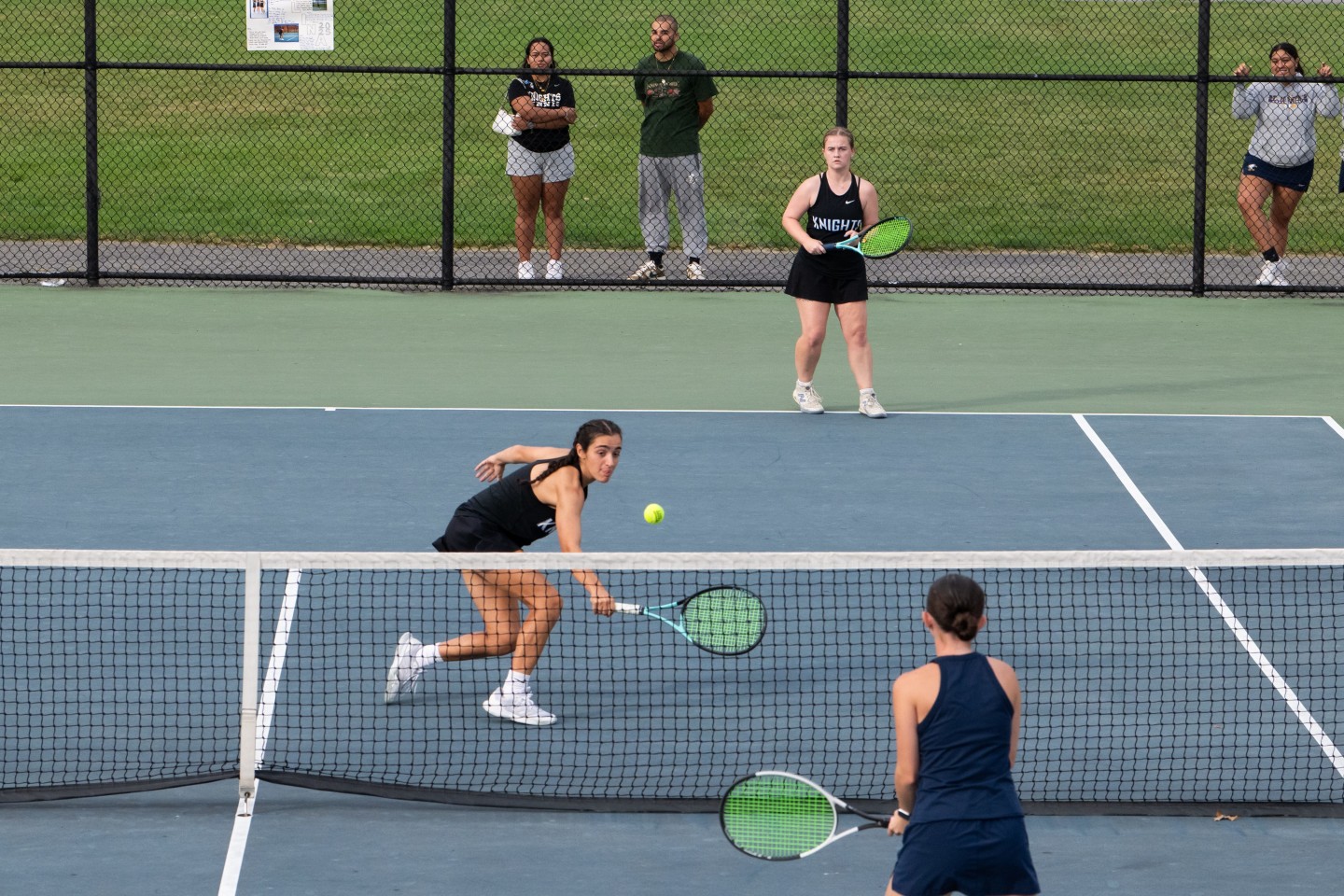Future Researchers Get a Jumpstart
Rutgers-Camden offered summer virtual research to undergrads and high school students.

 Brittany Ruiz, a rising senior at Rutgers University–Camden, is getting an early start on a career in science by transforming her home into a research lab.
Brittany Ruiz, a rising senior at Rutgers University–Camden, is getting an early start on a career in science by transforming her home into a research lab.
Ruiz is among eight students ranging from middle school to Rutgers–Camden undergraduates who are conducting scientific research in a variety of virtual formats with Nathan Fried, a Rutgers–Camden assistant teaching professor of biology.
“It is extremely important to gain some research experience as an undergraduate,” says Ruiz, a biology major from Camden. “I wanted to work with Dr. Fried because I want to learn how neuroscience research works and what it takes to be a research assistant.”

Through a collaboration with the eCLOSE Institute, a Philadelphia organization that sponsors research training for students, along with a grant from the University of Pennsylvania’s PennPORT program, Ruiz and three other Rutgers–Camden students received a “lab in a box,” which they set up in their homes to run experiments they designed under the guidance of Fried and eCLOSE. Equipped with all the supplies they need, including fruit flies, pipettes, a microscope, and dyes, the students can do everything they would do in an on-campus lab. Ruiz’s lab bench is conveniently located on a small table in her family’s home.
During the nine-week program, which ran through August 14, Ruiz has been studying the genetics of pain and cellular defects that drive cancer in Drosophila melanogaster, the common fruit fly. Fried’s collaborative research aims to improve the understanding of chronic pain, cancer, and the coronavirus.
“COVID-19 comes into this,” Fried explains, “because there are similar molecular pathways and genes that have been identified to increase susceptibility to, or complications from COVID that are also involved in pain processing. There’s also several hits connected to the development of cancer that we’re able to explore thanks to our collaboration with eCLOSE.”
John Crespo, a Rutgers Future Scholars participant and an incoming Rutgers–Camden first-year biochemistry student, is confident the hands-on lab work will help him develop research skills for his planned career in medicine.
“The opportunity to conduct this research as an undergraduate is a blessing,” says Crespo, of Willingboro. “Doing research work as an undergraduate allows me to have some form of networking with other aspiring scientists and scientists themselves. I also am learning more about myself and the way that I want to pursue my career.”
Crespo and Ruiz are working virtually alongside rising biology sophomore Kiyoshi Woods and rising health sciences senior Gilharia Delva.

Two other Rutgers–Camden undergraduates, Sarah D’Angelo and Matt Furey, are working on computer-based studies. D’Angelo is working on a high-impact meta-analysis of pain literature to identify barriers to improving the accuracy of animal pain-behavioral studies. Furey is assisting Fried’s research partner, Ishmail Abdus-Saboor of the University of Pennsylvania, in exploring how to use low-cost cameras to capture high-speed pain behavior in mice. The goal is to create a cell phone app that could be used in the pain research field.
In a partnership with the LEAP Academy and eCLOSE, Fried recruited two LEAP students to conduct research over the summer. Marcus Freeman, an eighth-grade student, and Alexander Cedeno, a tenth-grade student, spent two weeks examining Drosophila to study how nutrition affects the progression of cancer.
“The goal of these opportunities is to start introducing students from a wide range of backgrounds and experiences to careers in medicine and science through the biology research being done at Rutgers–Camden,” says Fried. “These are such dedicated students who are willing and excited to go beyond their standard learning experiences by bringing the research home with them during these unprecedented times.”







